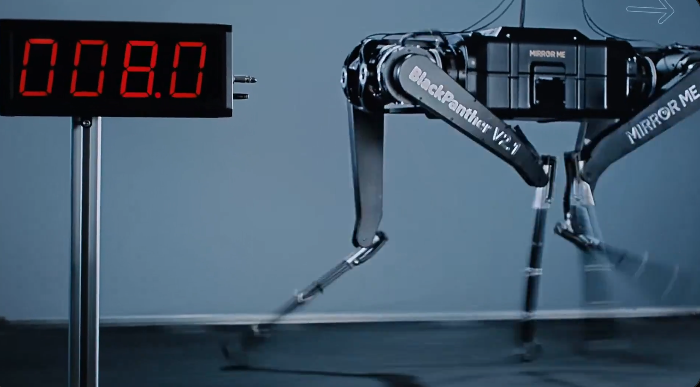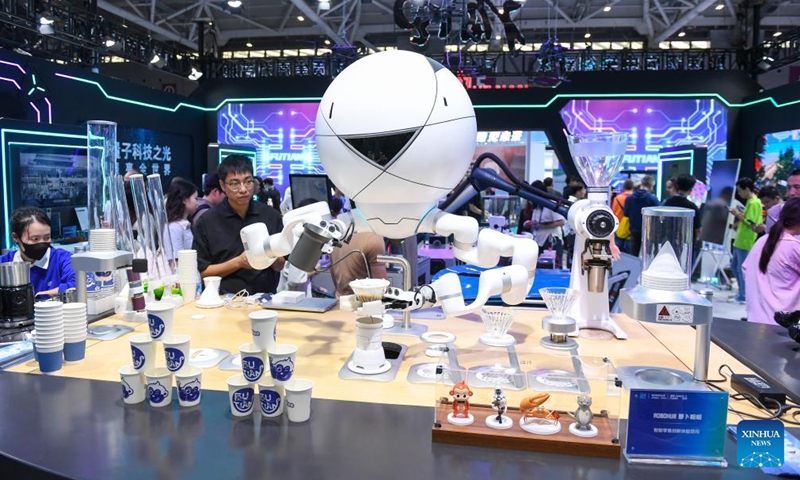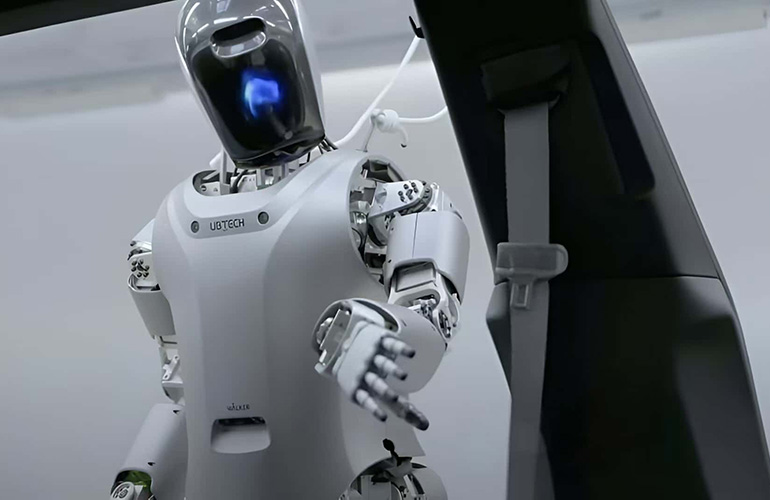Fastest Quadruped Robot: Black Panther 2.0 Breaks Speed Records
A revolutionary quadruped robot, Black Panther 2.0, has shattered the world speed record for its category, completing 100 meters in less than 10 seconds. This remarkable achievement, twice as fast as the previous record set by Korea’s HOUND, showcases the potential of advanced robotics.
Biomechanics and Advanced Design
Weighing 38 kg and standing 63 cm tall, Black Panther 2.0 combines biomechanical principles with cutting-edge engineering. Its design draws inspiration from the springy legs of jerboas and the powerful limbs of panthers, optimizing mobility, shock absorption, and traction. The robot’s carbon-fiber shins boost stiffness by 135% while only increasing weight by 16%. Additionally, specially designed “running shoes” mimic cheetah paws, enhancing ground grip by 200%.
The integration of high-power custom motors ensures precision and durability, while AI and machine learning allow the robot to adapt to varied terrains. These features provide unmatched fluidity in movement, making it highly versatile for diverse environments.
Black Panther 2.0: Collaboration and Rapid Development
Black Panther 2.0 is the result of collaboration between Zhejiang University’s Institute for Humanoid Technology Innovations and Hangzhou-based startup Mirror Me. Impressively, the prototype was developed in just three months.
This achievement positions the robot ahead of its predecessor, HOUND, which completed 100 meters in 19.87 seconds. Built by South Korea’s KAIST, HOUND featured innovative leg designs and a belt-driven knee system but has now been surpassed by Black Panther 2.0’s superior engineering.
A Glimpse Into the Future
Although the robot’s speed lags behind natural runners like cheetahs and ostriches, it already outpaces most humans. Researchers aim to enhance its speed and agility by studying the differences between biological and mechanical motion. Black Panther 2.0 marks a significant milestone in robotics, showcasing how bio-inspired design can achieve groundbreaking results.






